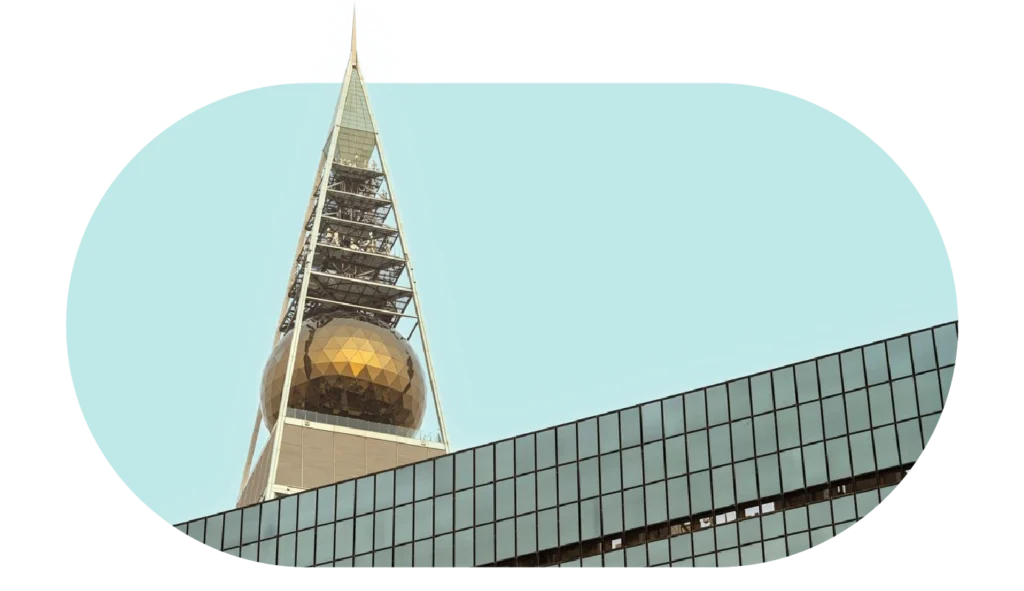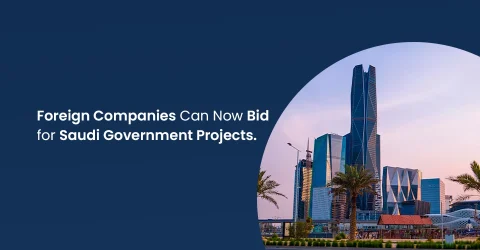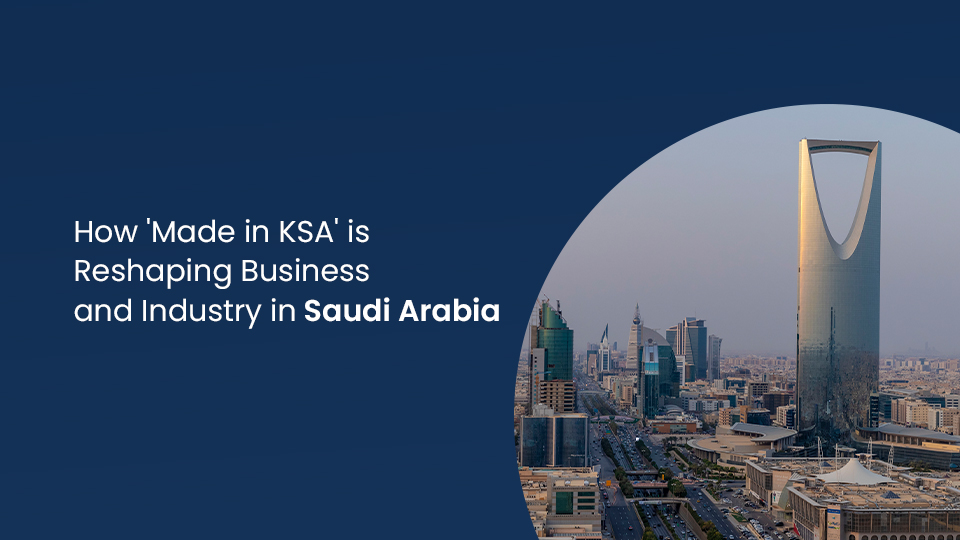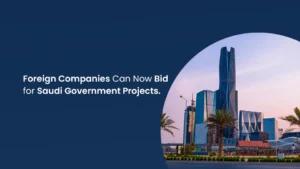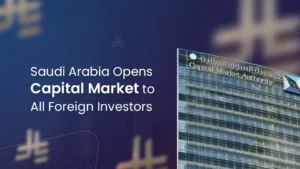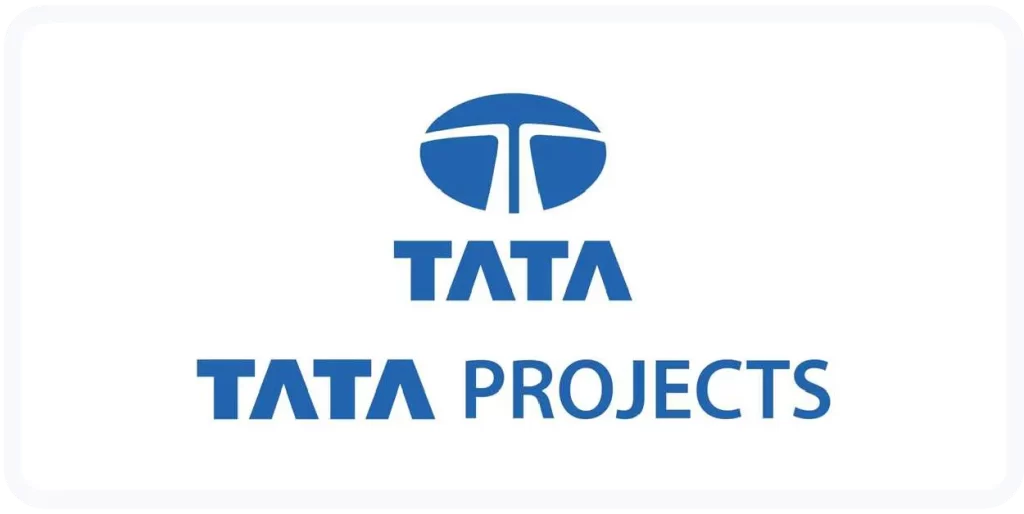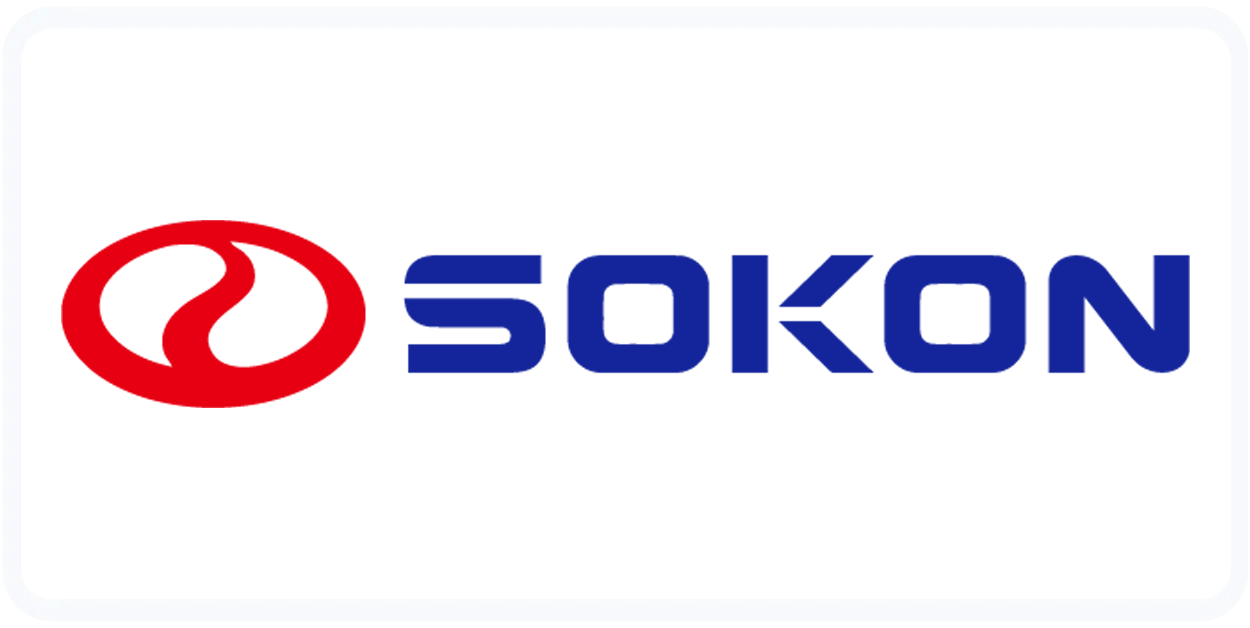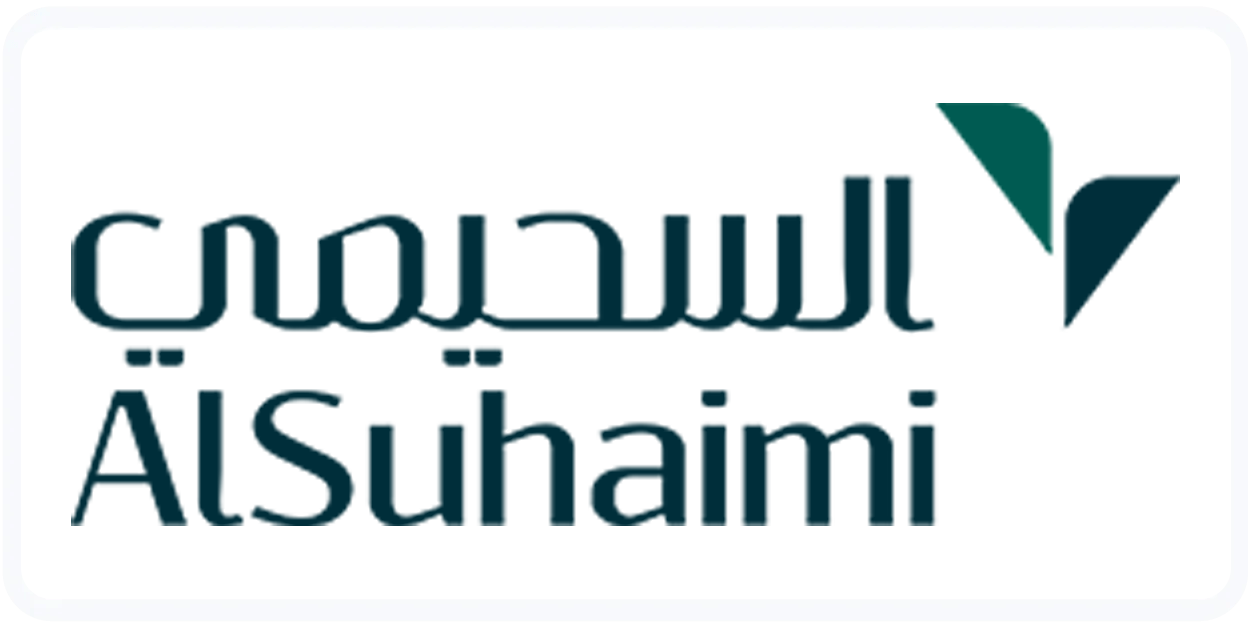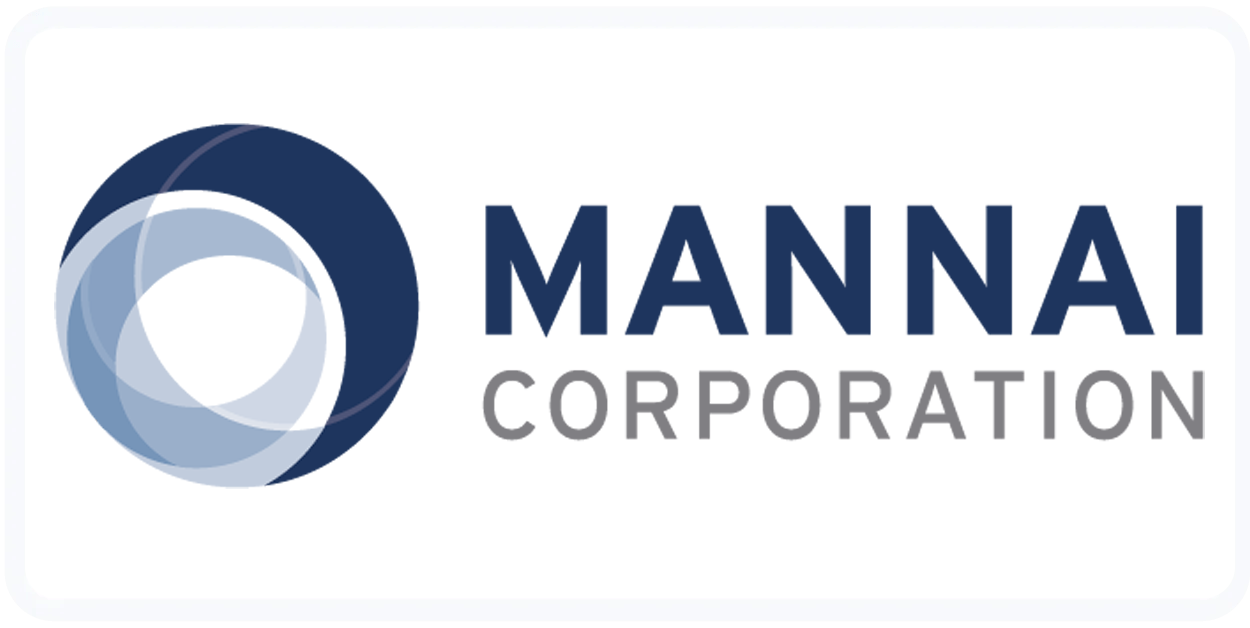Saudi Arabia’s “Made in Saudi Arabia” initiative is a strategic program aligned with Saudi Vision 2030, aiming to restructure the economy. This program opens up new opportunities for national companies and international companies. The Minister of Industry and Mineral Resources extensively invests in manufacturing and industrial development to lessen imports and increase exports.
The government and other entities like the Saudi Export Development Authority strongly promote local products to promote Saudi products and services domestically and globally. Companies that choose Saudi-made goods benefit from increased market access and low costs.

What is the “Made in KSA” initiative?
The Made in Saudi Arabia program promotes innovation across various sectors, supporting local manufacturing and production. The government launched this initiative to strengthen its industrial sector. Companies that produce goods in the country itself instead of importing them receive incentives.
The program includes several sectors, such as food, textiles, electronics, construction materials, and more. Local factories not only generate jobs for citizens but also minimise dependency on foreign products. This approach boosts the national economy and promotes sustainable growth.

What are the benefits for businesses?
Cost Savings
Local production cuts transportation costs majorly. Companies can save on expenses like shipping, customs duties, and storage fees. Businesses can save 30-40% on transportation expenses by sourcing locally.
Supply chains become more efficient as the products come from factories that are nearby. Companies get their goods delivered fast and avoid delays that might happen with international shipping. Businesses can better serve their customers and maintain inventory levels as a result of this speed delivery.
Quality Assurance
Manufacturers follow the high-quality standards set by government agencies. The Saudi Standards, Metrology and Quality Organization (SASO) makes sure that the products meet the international standards. Local suppliers tend to offer better customer service and quicker problem resolution.
Market Access Benefits
The government gives preference to Made in Saudi products for its projects. This policy ensures demand for local manufacturers. National industries also prefer Saudi-made projects, as it will aid national objectives.

Government Support Programs
Financial Incentives
The Saudi Industrial Development Fund offers loans at low rates. Manufacturers can get up to 75% funding on new projects. Eligible firms can get tax reductions and exemptions.
The government supports investment in local manufacturing. The Public Investment Fund has invested over $20 billion in industrial projects in 2023. This financing backs both local and international companies setting up their base in the nation.
Infrastructure Development
The government is building industrial cities equipped with modern facilities. These zones provide ready-to-use factories, utilities, and transportation links. Companies can easily and quickly start their operations without making major infrastructure investments.
Riyadh, Jeddah, and Dammam all have major complexes. These cities have ports, airports, and major highways that are easily accessible. This strategic advantage helps companies to connect with local and international markets more easily.
The Industrial Development and Logistics Program and the National Industrial Development and Logistics Strategy are essential to the nation’s growth. They keep the nation’s infrastructure strong and up to global standards.

Impact on Economic Growth
Job Creation Statistics
Local manufacturing generated around 420,000 new jobs between 2020 and early 2025. The unemployment rate fell from 12.6% to 7.4% in Q1 2025. The youth have a better chance of finding jobs in modern factories and industrial facilities.
Export Performance
Made in Saudi Arabia products are now available in over 80 countries worldwide. Export values have climbed by 45% during the past three years. The kingdom provides petrochemicals, food products, and construction materials to regional and international markets.
GDP Contribution
The manufacturing sector generates around 14% of the kingdom’s GDP. The government intends to raise this share to 20% by 2030. Non-oil exports rose by 38% in 2023, reflecting significant progress towards economic diversification.

Success Stories
Food Sector
Food manufacturers currently supply 70% of the domestic market. Companies such as Almarai and Savola Group have significantly increased their operations. Local dairy and grain processing businesses cut food imports.
Pharmaceutical Sector
The kingdom manufactures 65% of its pharmaceutical supplies. International companies like Pfizer and Novartis have set up their manufacturing plants in the country. This move assures availability of medicine and generates high-skill jobs.
Construction Materials
Cement and steel produced locally fulfil most of the domestic construction demand. Saudi companies are also supplying materials to neighbouring nations. The construction boom resulted in boosting local manufacturing and generating jobs.

Challenges and Solutions
Skills Development
The government funds technical training programs. The Technical and Vocational Training Corporation offers training courses in manufacturing skills. These courses train Saudi workers for modern industrial jobs.
Technology Transfer
International partnerships help bring new manufacturing technology to Saudi Arabia. Foreign investments and partnerships with international companies share expertise with local partners. This knowledge transfer gives way to long-term manufacturing capacity.

Future Opportunities
Emerging Sectors
The kingdom prioritises the development of new sectors like renewable energy equipment and electric vehicles. Green technology manufacturing has a lot of potential for growth. Companies that enter these sectors get additional assistance from the government.
Regional Hub Strategy
The kingdom is becoming a manufacturing hub in the Middle East and Africa. The country’s strategic location allows access to multiple markets with over 2 billion customers. Companies may use Saudi operations to efficiently serve the entire region.

How Businesses can get started?
Assessment and Planning
Companies should assess their supply chain and explore opportunities for local sharing. Market analysis identifies the products that have the highest potential for local manufacturing. Professional guidance from experts like Analytix will help businesses understand regulations and available incentives.
Partnership Development
Developing relationships with local suppliers and manufacturers requires time and expertise. Understanding corporate culture and practice can help companies succeed. Government liaison and regulatory compliance need specialised expertise. SMEs can use these resources to speed up their growth.
Many businesses have profited from partnering with experienced consultants like Analytix, who understand the Saudi market.
How does Analytix Support you?
Analytix offers complete business consulting services in Saudi Arabia to help businesses successfully help companies enter and expand to the Saudi market. Our team helps businesses through the requirements of the Made in Saudi program and connects them with local manufacturers and suppliers. We help you by providing market research, regulatory compliance, and government incentives to boost your investment returns.
Our experts have extensive experience working in Saudi Arabia and have developed strong relationships with local manufacturers and major industry players. We assist companies with effective market entry strategies, form partnerships, and build efficient supply chains. Analytix offers end-to-end support for companies looking to benefit from the Made in Saudi program, from initial feasibility studies to full operational setup. Our proven track record includes assisting thousands of companies to successfully set up their manufacturing operations and sourcing partnerships in Saudi Arabia.
Conclusion
The Made in Saudi initiative offers numerous opportunities for business growth and investment. Companies that support local manufacturing gain from reduced cost, market access, and government aid. The program aims to develop the country into a regional manufacturing hub to support Vision 2030’s goals. Crown Prince Mohammed bin Salman’s leadership is driving such ambitious reforms to guarantee that the kingdom’s industry and mineral resources sector maintain a major part of its economic future.

